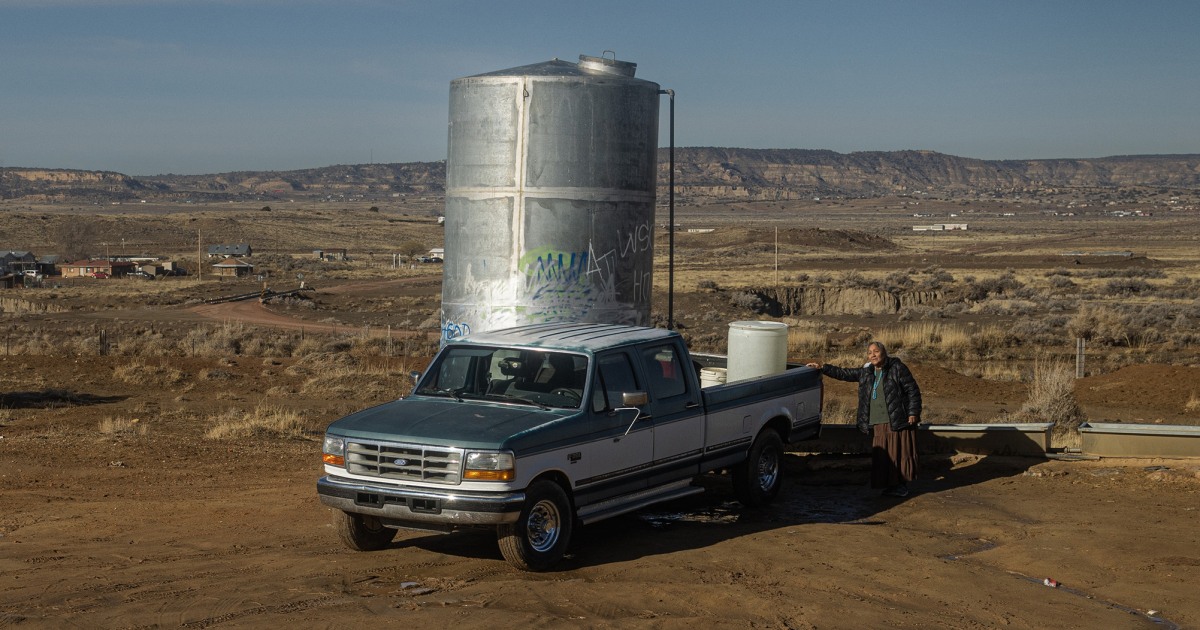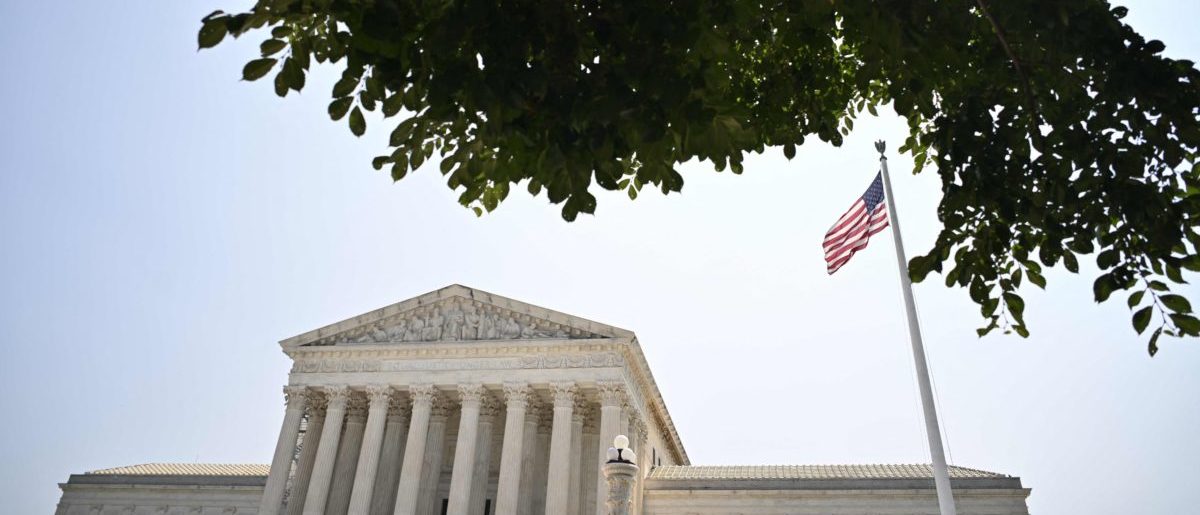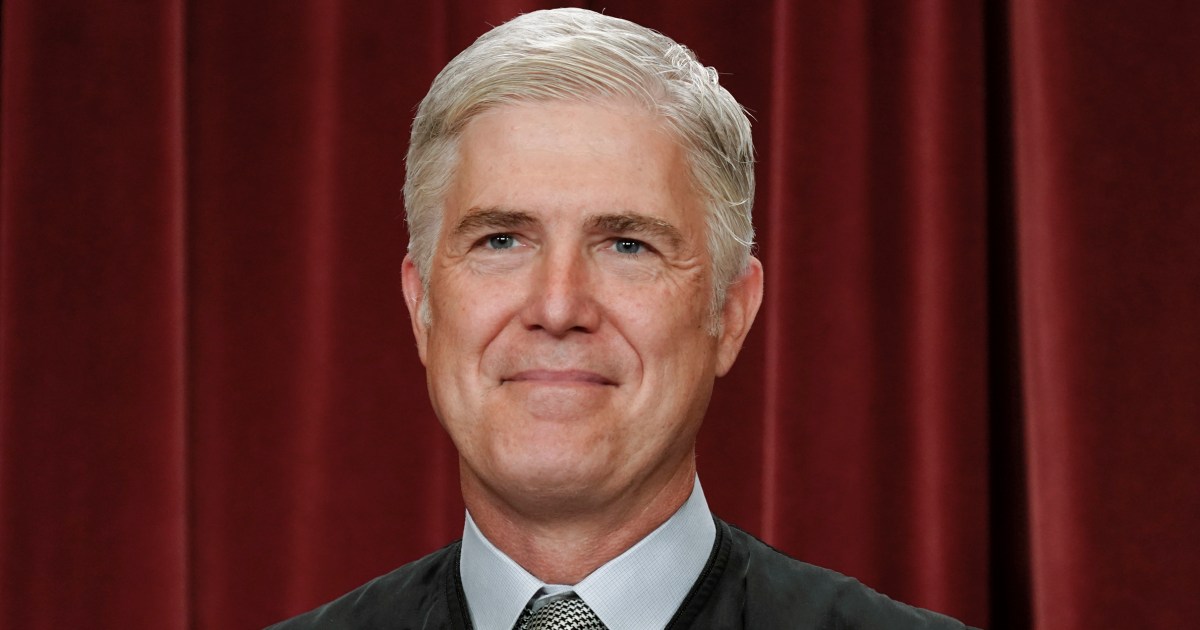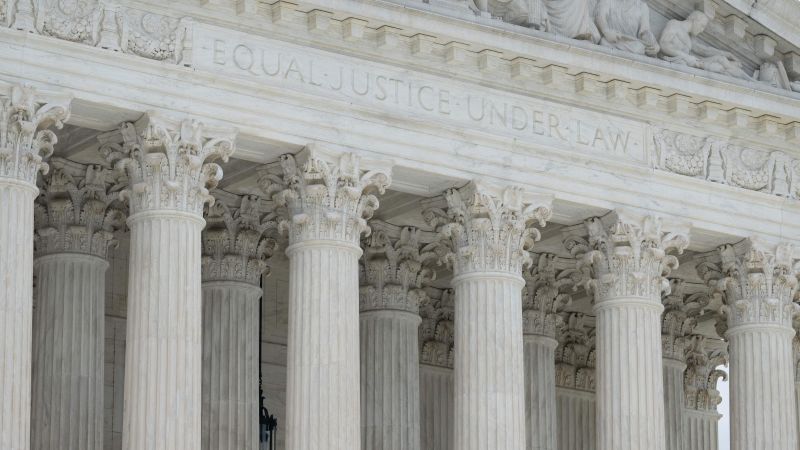The Facts
In an end to a decades-long legal challenge, the US Supreme Court ruled on Thursday that the federal government is not obligated to assist the Navajo Nation in securing water rights. The conclusion was reached under the terms of an 1886 treaty that guaranteed the tribe a permanent homeland
The majority opinion, written by Justice Brett Kavanaugh, held that the treaty does not require the government to take "affirmative steps" in this regard, such as formulating water use plans or building infrastructure. He further added that it is not up to the Judiciary to update the law.
The Spin
Establishment-critical narrative
The US has once again broken a treaty obligation made to the indigenous peoples of the country. It does not make sense that water wouldn't be considered integral to a permanent homeland, and the court has put expediency over what is right. For decades, the Navajo have tried to ascertain the water rights owed to them by the federal government, who should spend less time taking the tribes to court and more time helping improve life on the reservation.
Pro-establishment narrative
Climate change is straining the Colorado River basin, which is a lifeline for tens of millions of Americans. Federal and state governments have needed to make hard choices in order to preserve the integrity of the river for the long-term. Even in light of a recent deal between states, there are still deep concerns about water usage in the Southwest, and the Navajo are not the only ones suffering. The US cannot afford to upend the management of the Colorado River at such a crucial juncture.















